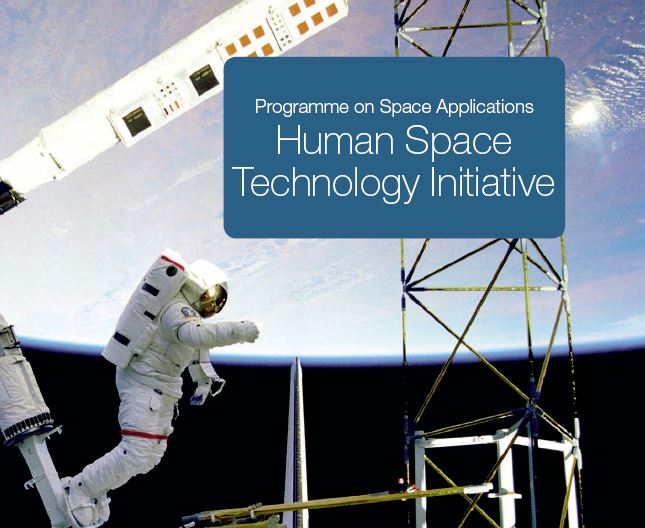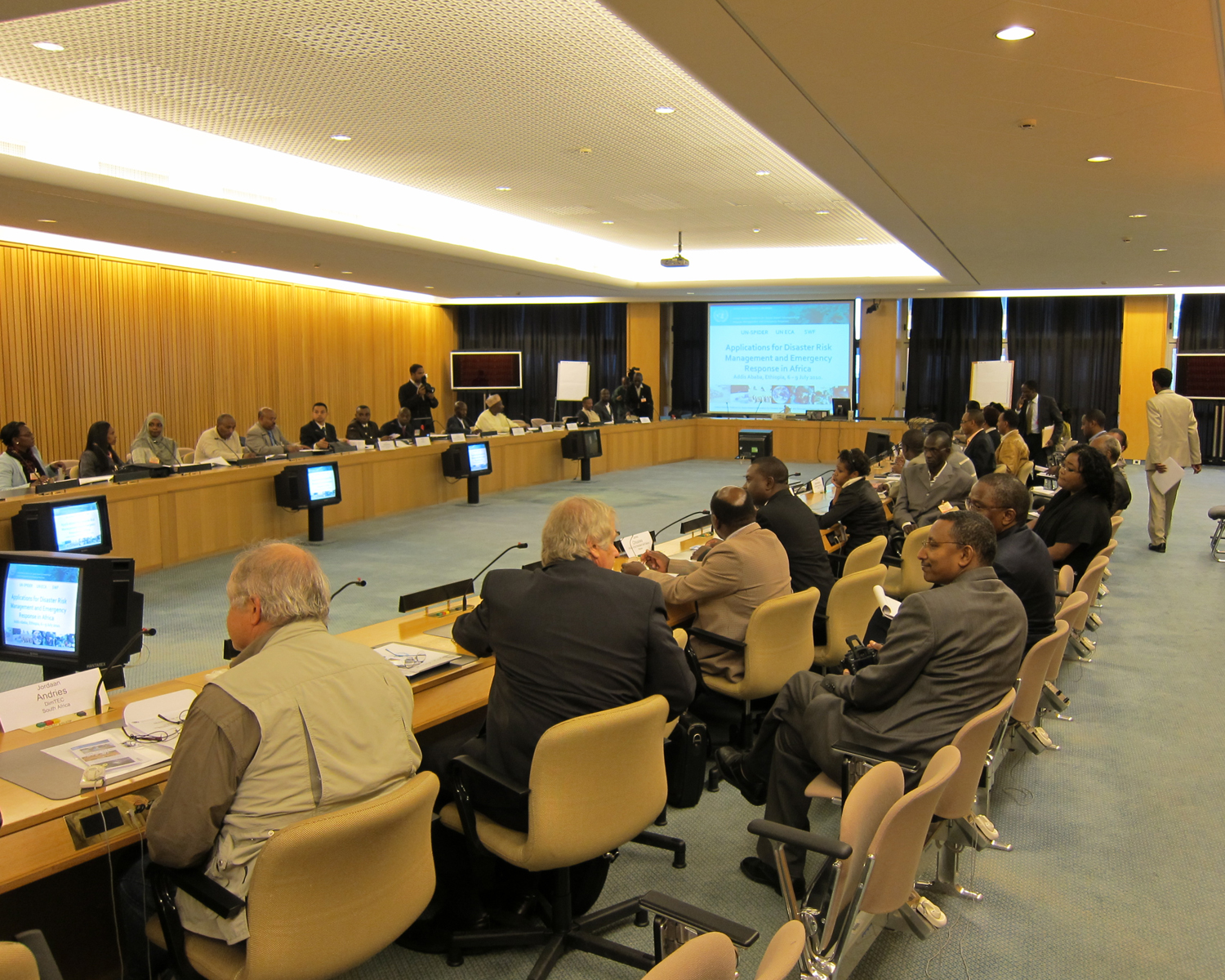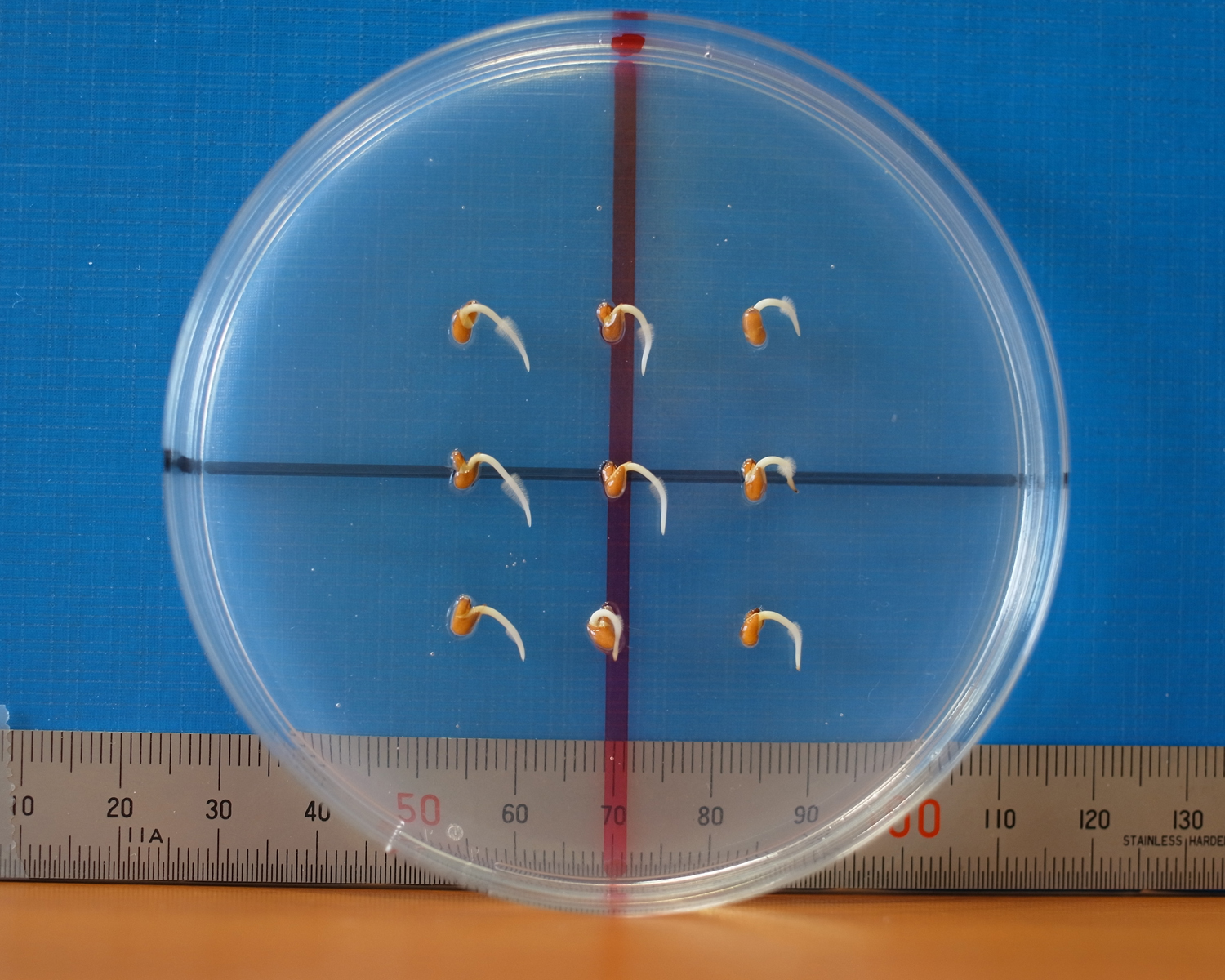Human Space Technology Initiative (HSTI)
The Human Space Technology Initiative (HSTI), launched in 2010 by the Office for Outer Space Affairs under the framework of the United Nations Programme on Space Applications, is aimed at involving more countries in activities related to human space flight and space exploration and at increasing the benefit from the outcome of such activities through international cooperation, to make space exploration a truly international effort.
The role of the Initiative in these efforts consists of providing a platform to exchange information, to foster collaboration between partners from spacefaring and non-spacefaring countries and to encourage emerging and developing countries to take part in space research and to benefit from space applications.
Activities
HSTI comprises a series of events, workshops, and activities that provide access to experimental platforms on the ground and in orbit.
Objectives
All the activities of the Initiative are based upon three pillars:
-
International Cooperation:
To promote international cooperation in human spaceflight and activities related to space exploration.
The Initiative bridges and connects different partners from the international space community and other United Nations entities, as well as Member States. In close cooperation with ISS partners, information on the management structure of the ISS and on research facilities is provided. Furthermore, the Initiative provides information about opportunities to cooperate with space agencies, as well as educational material on space science and technology.
-
Outreach:
To promote increased awareness among Member States of the benefits of utilizing human space technology and its applications.
The Initiative organizes expert meetings and workshops annually to raise awareness of the current status of space exploration activities, as well as the benefits of utilizing human space technology and its applications. Experts from around the world meet together and exchange information and discuss possible future projects with regard to human space exploration and its related activities. The Initiative also provides publications and distributes informative materials on those subjects.
-
Capacity Building:
To build capacity in microgravity science education and research.
The Initiative is conducting the Zero-Gravity Instrument Project (ZGIP), in which microgravity simulation instruments, called clinostats, are distributed worldwide for education and research. In addition to the Project, the Initiative is also seeking to establish programmes and fellowships that help researchers from non-spacefaring countries gain access to these facilities. Within such programmes, the Initiative provides information on the facilities and on opportunities to utilize them.
For latest information, please visit Access to Space for All initiative.



